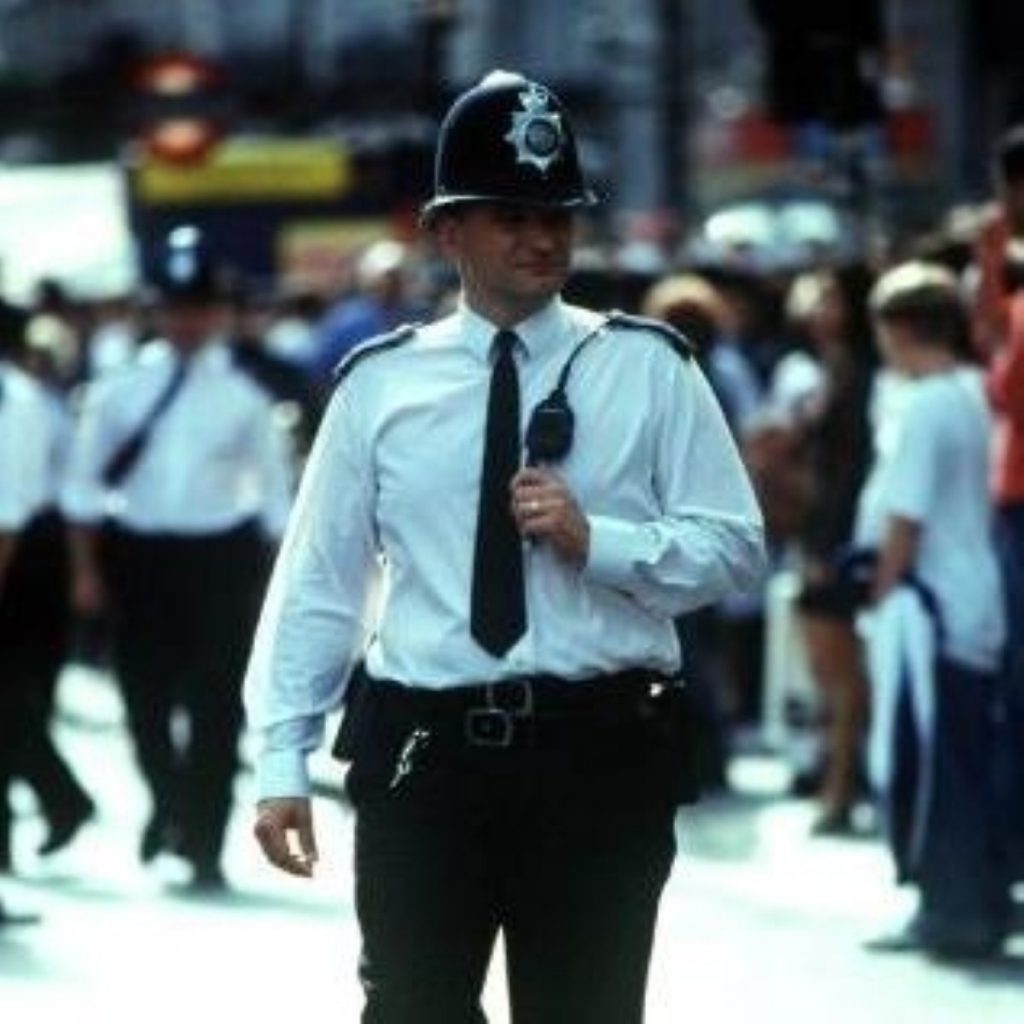New measures to tackle crime
Informants could receive shorter sentences and suspects compelled to answer questions if the Government’s new Serious and Organised Crime Bill becomes law.
The measures are designed to tackle organised crime in Britain, which is estimated to make £20 billion a year.
The headline announcement is the creation of a new Serious and Organised Crime Agency (SOCA), but the bill also contains a number of other measures designed to give police more power to deal with organised crime suspects.
Specific measures include extending Serious Fraud Office style powers to allow police to compel individuals to answer interview questions and produce documents, and giving judges new powers to impose strict post-sentence requirements for individuals to report their financial affairs, so that they can be monitored for future criminal activity.


In addition turning Queen’s evidence, where individuals can receive a shorter sentence for giving evidence against former associates, will be introduced into law. The Government believes that this will encourage so-called “super grasses” and lead to more convictions – but some are concerned that evidence gained in this way might not be reliable.
Home Office Minister Caroline Flint, however, said that this will send “a clear message to organised criminals – we will do everything in our power to stop your criminal behaviour.”
Away from organised crime, the police will be given the power of arrest for all offences, roadside finger printing and taking of footwear images will be allowed and chief constables’ personal liability under health and safety law will be limited.
In addition, officers will be able to apply for search warrants for multiple addresses and community support officers will have powers to deal with traffic and tackle begging, so releasing police officers to other duties.
This measure is sure to concern those who believe that civilian staff have been given too much responsibility.
Announcing the plans, Home Secretary David Blunkett, said: “Organised crime affects each and every one of us. It reaches down through every community, destroying lives through drugs, people smuggling and prostitution.
“The burglar who steals to feed his drug habit, the billions lost to the country through tax fraud and the terrorist gangs financing their operations through credit card fraud – organised crime gangs are costing this country at least £20 billion a year and must be stopped.
“This bill represents the fulfilment of a lot of hard work. The new agency will add value to the work of the existing agencies and link intelligence, investigation and intervention in new ways.”
There are also measures aimed at protecting those working in animal research from harassment by extremists. Police will gain the power to arrest a person protesting outside another’s house if they are causing alarm or distress and will be able to prevent the protestor returning for up to three months.
Incitement to religious hatred will also become an offence and the police will be able to impose conditions on anyone protesting outside parliament to “protect the smooth running of government.”
This final measure would allow police to break up the long standing anti war camp on Parliament Square.












